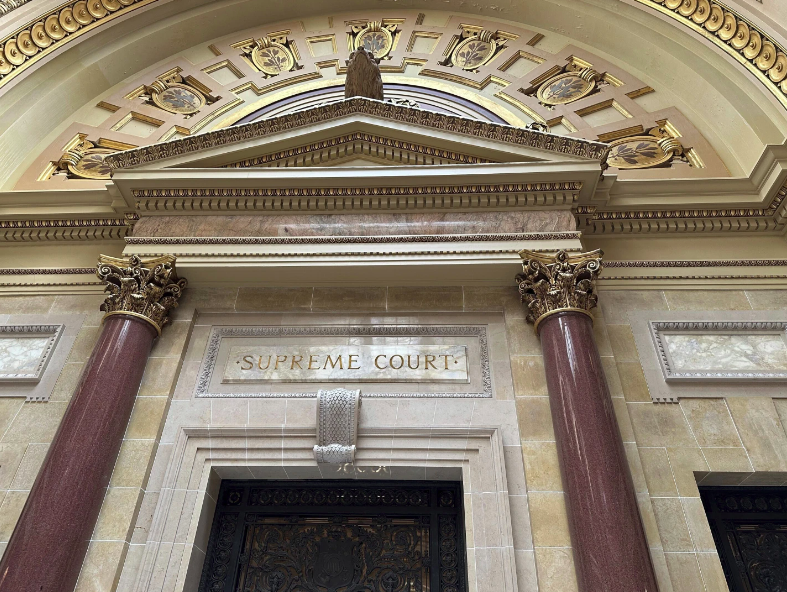In an article published recently in the National Catholic Register, Todd Huizinga, Senior Fellow for Europe at the Religious Freedom Institute, argues, “Worldwide oppression of minorities, especially persecution on the basis of religion, is one of the greatest and most morally urgent foreign-policy problems of our day.”
“Globally,” Huizinga continues, “Christians make up the overwhelming majority (about 80%) of those oppressed on account of their religion. In North Korea, Nigeria, Eritrea, much of the Middle East and South Asia and many other countries, Christians face harassment, intimidation, imprisonment and even death.”
Against this backdrop, the Trump administration’s current refugee policy poses serious concerns:
Clearly, the issue of immigration casts a long shadow over refugee policy. It appears that the Trump administration is failing to balance the U.S. interest in offering haven to those persecuted for their faith — a desire the president, the vice president, the secretary of state and other administration officials have repeatedly expressed — with the primary objectives of its immigration policy.
U.S. refugee policy should not be understood first and foremost as a dimension of immigration policy but rather as a dimension of America’s efforts to promote human rights and protect religious freedom globally. Important as it is, however, U.S. refugee policy is not the main problem here. Rather, the “heart of the matter is religious persecution itself,” Huizinga explains.
Read the full article: Refugee Policy, Religious Freedom Are Much Bigger Than Politics.
THE RFI BLOG

How Soccer Reveals Different Meanings Of ‘Secular’ In France And The US

RFI’s Ismail Royer Meets with Delegation from India

Protecting the Unborn, Mothers, and Medical Ethics: The Stakes of Arkansas’ Amendment

Wisconsin Supreme Court Punishes Catholic Charities for Serving Everyone

Wisconsin Supreme Court Decision Truncates Religion
CORNERSTONE FORUM

Public Bioethics & the Failure of Expressive Individualism

Religious Liberty in American Higher Education

Scotland’s Kate Forbes and the March of Secularism

70 Years of Religious Freedom in Sweden: Prospects and Challenges

